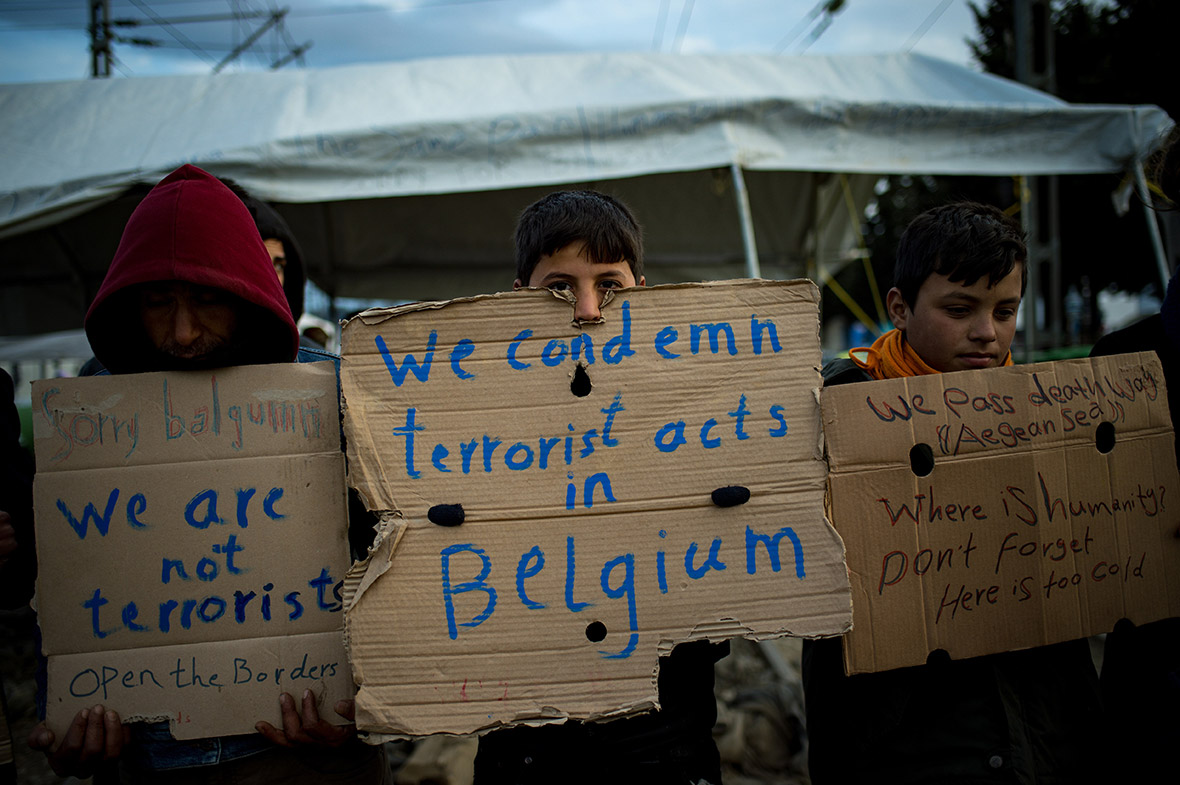Number of refugees soars to record 65 million with 24 people displaced every minute
The UN High Commissioner for Refugees (UNHCR) has said that forced displacement of people, mostly from the conflict zones, has reached record levels. The agency claimed that as many as 65.3 million people were forced to either turn into refugees or asylum seekers or had to flee their homes in 2015.
In a new report titled Global Trends, UN estimates showed that one person from 113 was displaced during the 12-month period. This was a sharp increase by five million compared to the earlier year.
Most refugees hail from conflict zones in war-torn countries such as Afghanistan, Syria and Somalia. More than one-third of the 65.3 million people displaced were forced to flee their home countries while the rest managed to find a place elsewhere within their countries. This is the first time the numbers clocked the 60 million mark.
The report was released on World Refugee Day to highlight the unparalleled crisis toiling several continents. It also warned that 24 people, on average, were forcibly displaced from their homes every minute in 2015. This has been witnessed for the first time since the Second World War.
The international aid agency World Vision and the UN's children's charity Unicef have also warned the dangers many refugees face. Half of all displaced peoples, according to UN figures, are children and face social problems like child labour, trafficking, exploitation and child marriage.
"Politics is gravitating against asylum in some countries. The willingness of nations to work together not just for refugees but for the collective human interest is what's being tested today, and it's this spirit of unity that badly needs to prevail," said Filippo Grandi, chief of the UN arm.
The research said as many as 86% of the refugees are being taken care by low- and middle-income countries. "At sea, a frightening number of refugees and migrants are dying each year. On land, people fleeing war are finding their way blocked by closed borders," Grandi added.
A Syrian farmer named Hikmat, who now lives in a tent in Lebanon along with his family, said: "We're stuck here. We can't go on and we can't go back. My children need to go to school, they need a future."








© Copyright IBTimes 2024. All rights reserved.






